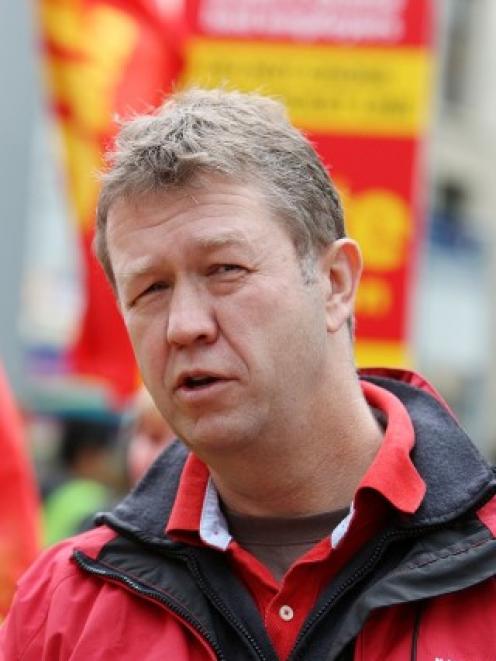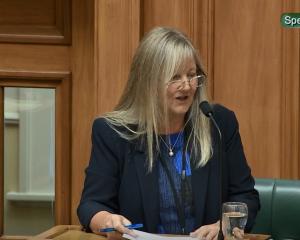
The Government bailed out the failed finance company to the tune of $1.7b but the sale of its assets is unlikely to cover the full cost, with taxpayers likely to pick up more than $1b in losses, Labour said.
Labour finance spokesman David Cunliffe said today that the Government had "totally mismanaged the fiasco'' and had cost the taxpayer at least $700 million more than necessary.
"In 2010 National declined a recapitalisation deal that would have limited further liability to around $500m. Instead, total confirmed losses may already have reached as much as $1.2b and are still climbing,'' he said.
Labour commerce spokeswoman Lianne Dalziel said the Government had initially said the expected eventual loss would be reduced to about $600m once the company's assets were realised over the to four years.
Latest figures indicated the cost was more than $1b and rising, she said.
An inquiry would cover the causes of the failure, the role of the retail deposit guarantee scheme, whether deposits were made with the scheme knowing the company was due to collapse, and why the rollover of the scheme was approved by the Government.
It would also look at all aspects of the receivership, including whether the timing was appropriate, and whether there was a recaptilisation alternative that would have limited taxpayer exposure to about $500m.
The inquiry would also look at whether the proper process was used to realise SCF's assets to ensure taxpayer exposure was minimised, and the decision to place Allan and Jean Hubbard into statutory management.
Ms Dalziel said that while the Government had been trawling through SCF's books in the lead-up to its receivership and the Serious Fraud Office had been investigating Mr Hubbard before his death, nobody had ensured the losses were being reduced to minimise the impact on taxpayers.
"Everyone has been looking at what happened before the receivership, but no one is looking at what has happened afterwards,'' she said.
She cited an example of a property worth $2.91m that was sold for $1.84m less than a month before the receivership and settled four days before.
The balance of the subdivision, valued at $4.04m, was sold to the same company for $1.3m on the first day of the receivership.
"How could the receiver sign a transaction on the first day behind the desk? Where is the due diligence? What about the prior transaction with the same company? That is $4m lost to the New Zealand taxpayer.''
Ms Dalziel said the example could be the tip of the iceberg.
Mr Cunliffe said that there were too many unanswered questions.
"Only a fully independent inquiry with the power to compel witnesses will get to the bottom of this.''












